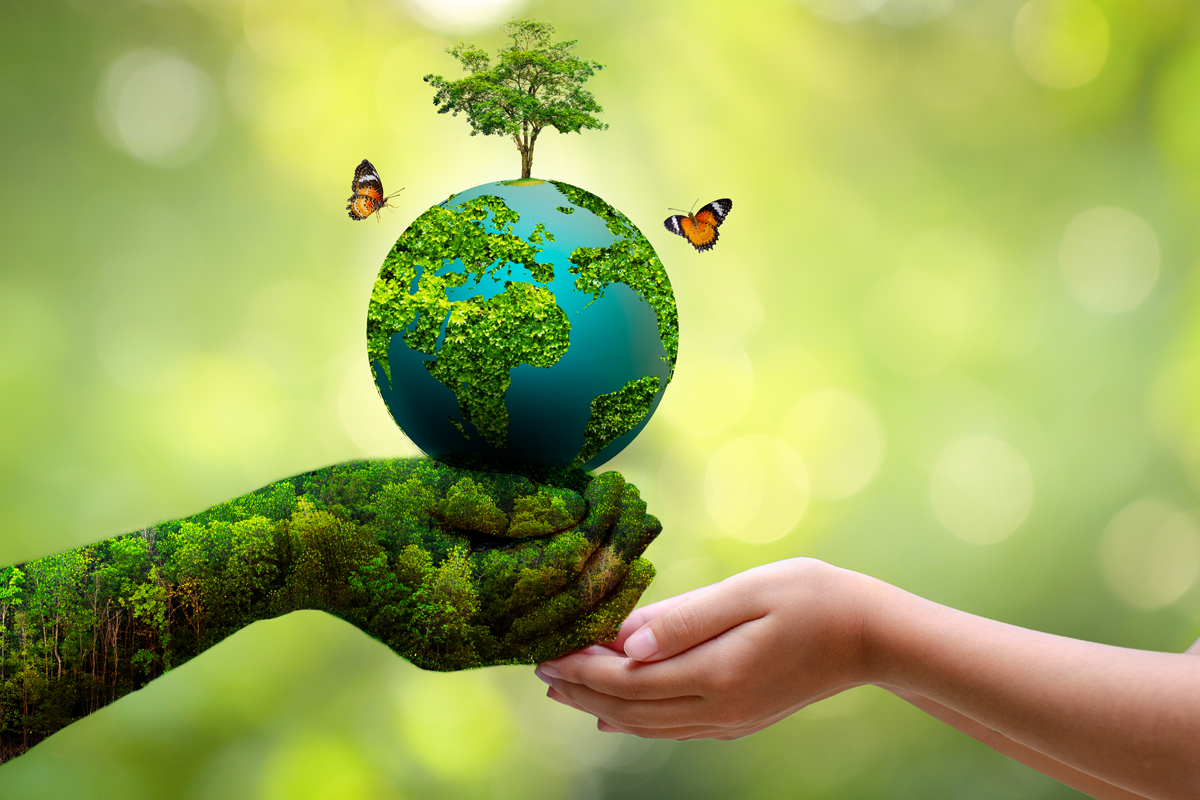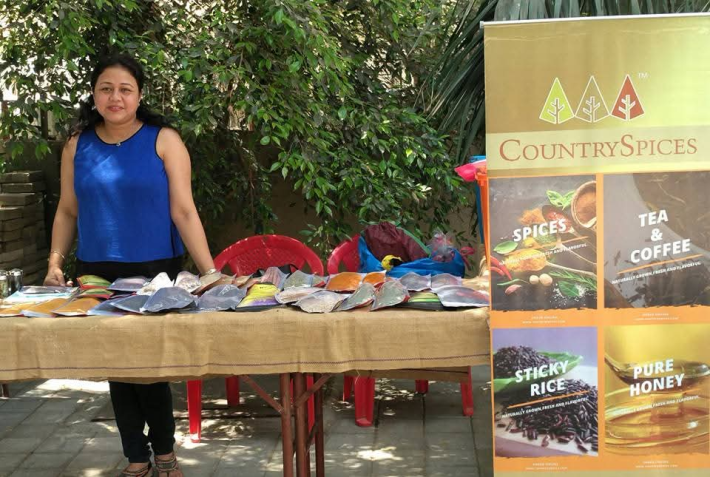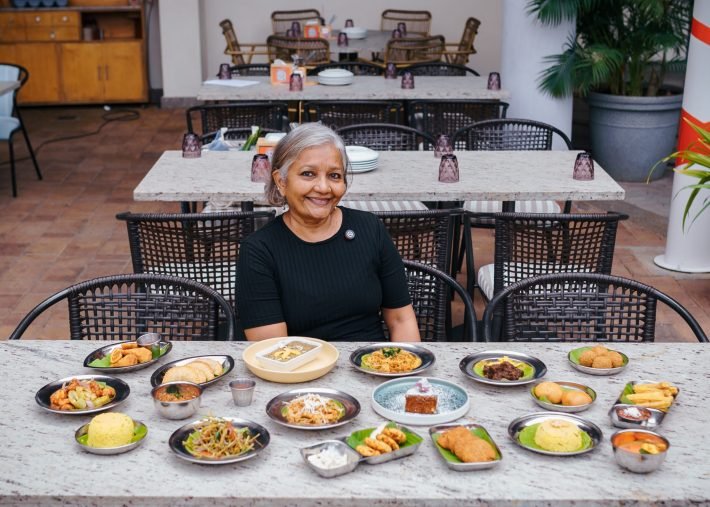Say hola to Environment Warriors! Indeed, India stands at a pivotal environmental crossroads – as the world’s second-most populous country, it faces environmental challenges that demand immediate and sustained action. So by committing to a sustainable path, India leads by example, demonstrating that economic growth and environmental consciousness can go hand in hand.
TheGlitz spotlights environment-conscious people, brands and companies who have turned environmental warriors and are striving to make a greener today by rectifying environmental concerns. Indeed, the journey towards sustainability is challenging, but the rewards – a healthier, greener, and more equitable India – are well worth the effort, and there are so many environment warriors who are doing just that…
Presenting Environment Warriors
Volvo Cars – Sustainable Footprints & Recyclable Waste
“The recent heatwave in India is yet another reminder that we need to take care of nature. Within the automotive domain, the road to a sustainable future is undeniably electric, and at Volvo Car India, we are fully committed to this journey. Our vision encompasses not only the creation of safer cars with a sustainable footprint but also ensuring a safer planet for future generations. Our vision is to achieve climate neutrality by 2040 and aim to become an all-electric company by 2030.
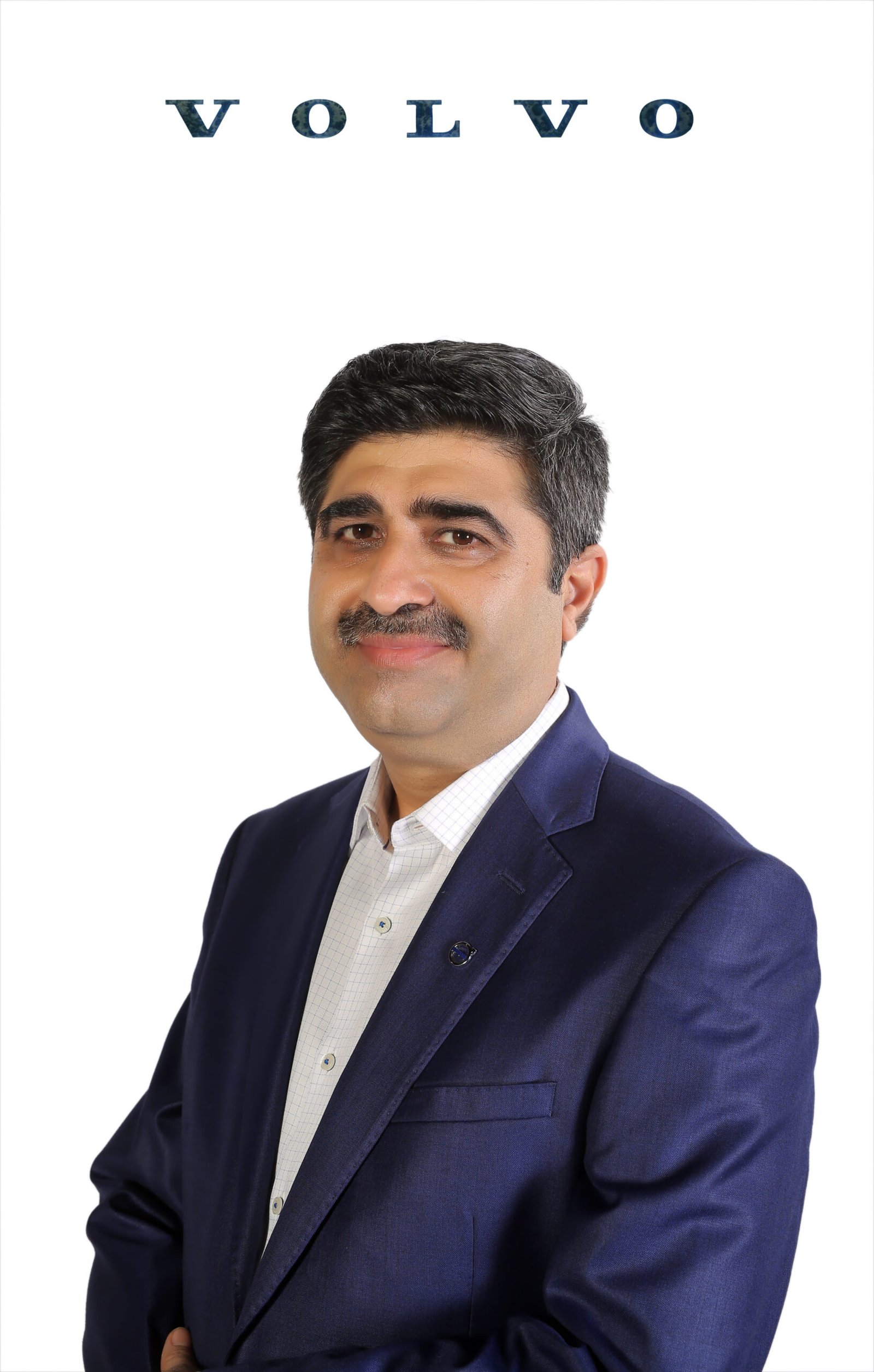
“Our dedication to sustainable mobility goes beyond just electrification, it also includes the materials we use in our electric cars. By prioritizing recyclable materials such as ocean plastic waste, bio-attributed material from forests, recycled PET bottles and corks recycled from the wine industry, we are working towards a positive impact on the environment. Looking ahead, we have set a goal to incorporate 25 percent recycled and bio-based content in our new car models by 2025,” avers Jyoti Malhotra, Managing Director, Volvo Car India.
Lexus India Accelerates Toward A Sustainable Future On World Environment Day
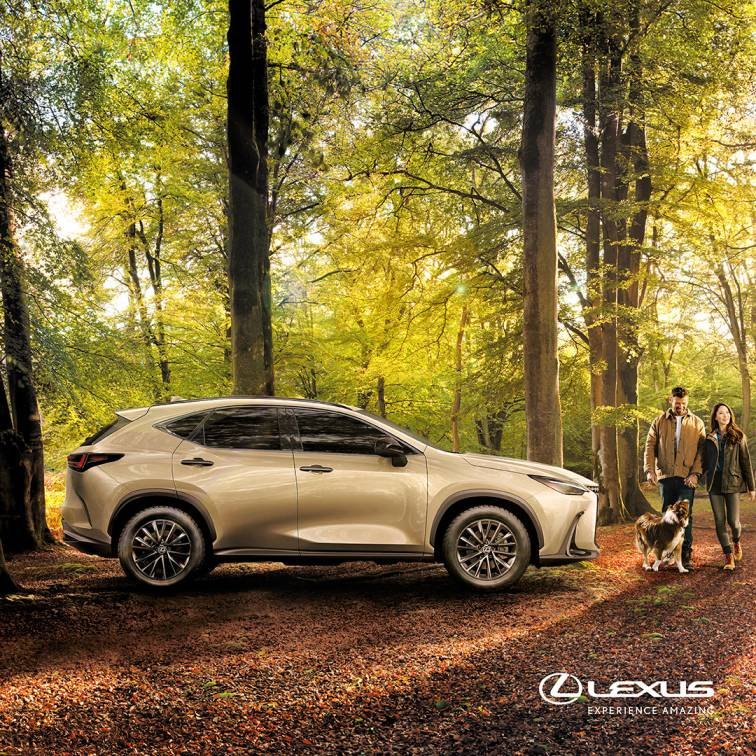
As the world commemorates World Environment Day, Lexus reaffirms its unwavering commitment to environmental sustainability and innovative mobility solutions. Since its establishment in 1989, Lexus has been synonymous with luxury and innovation in the automotive industry, continuously striving to redefine driving experience while minimizing its ecological footprint.
Guided by “Lexus Electrified” vision, the brand stands at the forefront of electrified technologies, revolutionizing vehicle performance and efficiency. Lexus prioritizes environment consciousness and performance, seamlessly delivering eco-friendliness and fuel-efficiency. Going forward by 2030, Lexus aims to achieve a full lineup of BEVs in all categories, and by 2035, the aim is to sell 100% BEVs globally, in its effort to achieve carbon-neutrality by 2050.
By embracing a zero-emission goal, Lexus leads in sustainability and eco-consciousness by focusing on environment-friendly technologies, materials, systems, and processes. Being pioneers in the use of high-recovery materials, researching and using parts that are easy to recycle at the end of their usable life, including parts of the vehicle that are created from the naturally available material. Lexus developed the industry’s first bamboo-charcoal speakers and luggage compartment trim made from recycled plastics, always pushing the envelope of sustainable material design thereby actively contributing to safeguarding the planet and striving for carbon neutrality, ensuring positive impact on the world.
Furthermore, in its endeavour to be in ‘Harmony with Nature’, several plantation and mass afforestation activities have been implemented. Currently over 3,28,000 plants are planted in the company premises spread across 112 acres.
Tanmay Bhattacharya, Executive Vice President, Lexus India, said, “At Lexus, we recognize our responsibility to preserve and protect the environment for future generations. As we celebrate World Environment Day, we promise to continue our efforts to lead the automotive industry towards sustainable mobility solutions to create a world where luxury and environmental consciousness can coexist.
As the automotive landscape evolves, we remain dedicated to our mission to anticipate and exceed customer expectations through innovative solutions and unparalleled service, driving towards a greener, more sustainable future for all.” he added.
ITC Personal Care –Sustainable Packaging
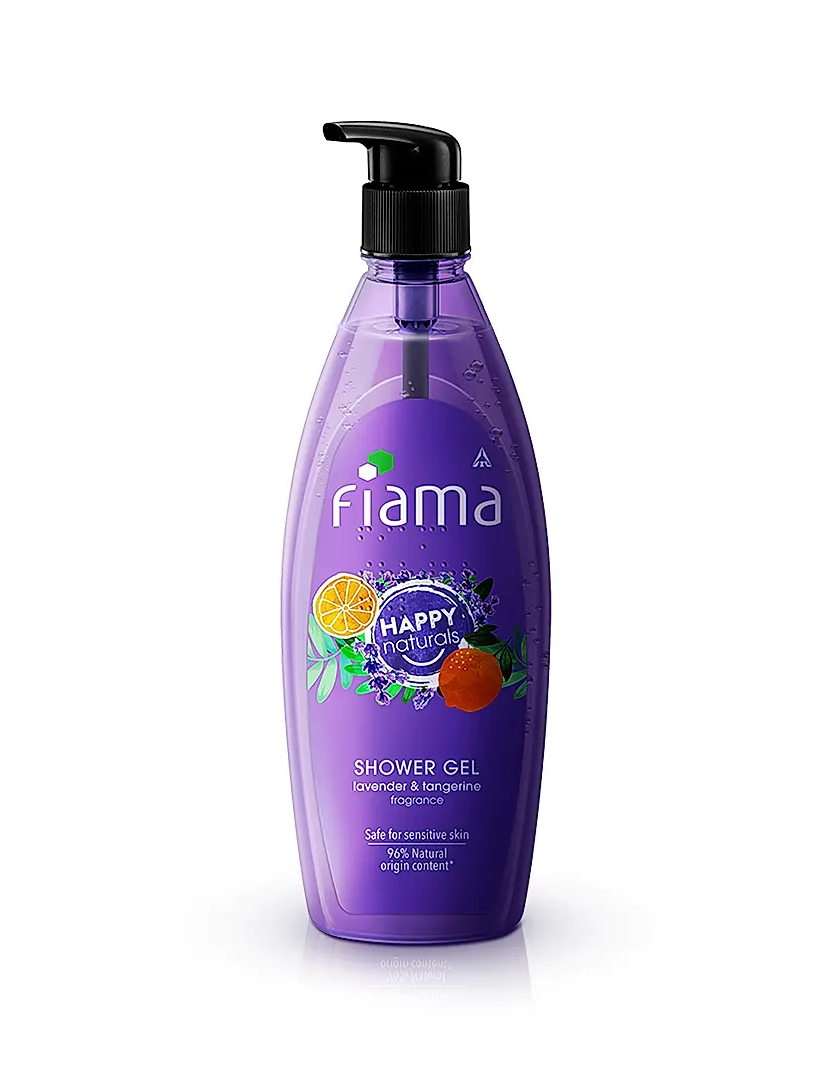
On this World Environment Day, ITC Personal Care highlights its steadfast commitment to sustainability through innovative interventions for sustainable packaging solutions.
ITC Fiama shower gel and handwash PET bottles are made of 50% recycled plastic. Savlon Powder Handwash allows Consumers to Reuse Empty Bottles at Home and additionally, ITC Vivel VedVidya Soap cartons are made with recyclable packaging, ensuring that while consumers maintain beautiful skin, they also contribute to a beautiful environment.

Savlon Glycerin and Cool soap wrapper utilises 70% postconsumer recycled plastic in its PET layer, while in the fragrance category, ITC Engage Cologne shifted to 100% Paper-based Recyclable Cartons.
Land restoration key pillar to Ecosystem Restoration
Land restoration is a key pillar of the UN Decade on Ecosystem Restoration (2021-2030), a re-uniting call for global ecosystem restoration and preservation to bring people together, which is critical to achieving the Sustainable Development Goals. This year’s World Environment Day campaign focuses on land restoration, desertification and drought resilience under the slogan “Our land. Our future. We are #GenerationRestoration.”
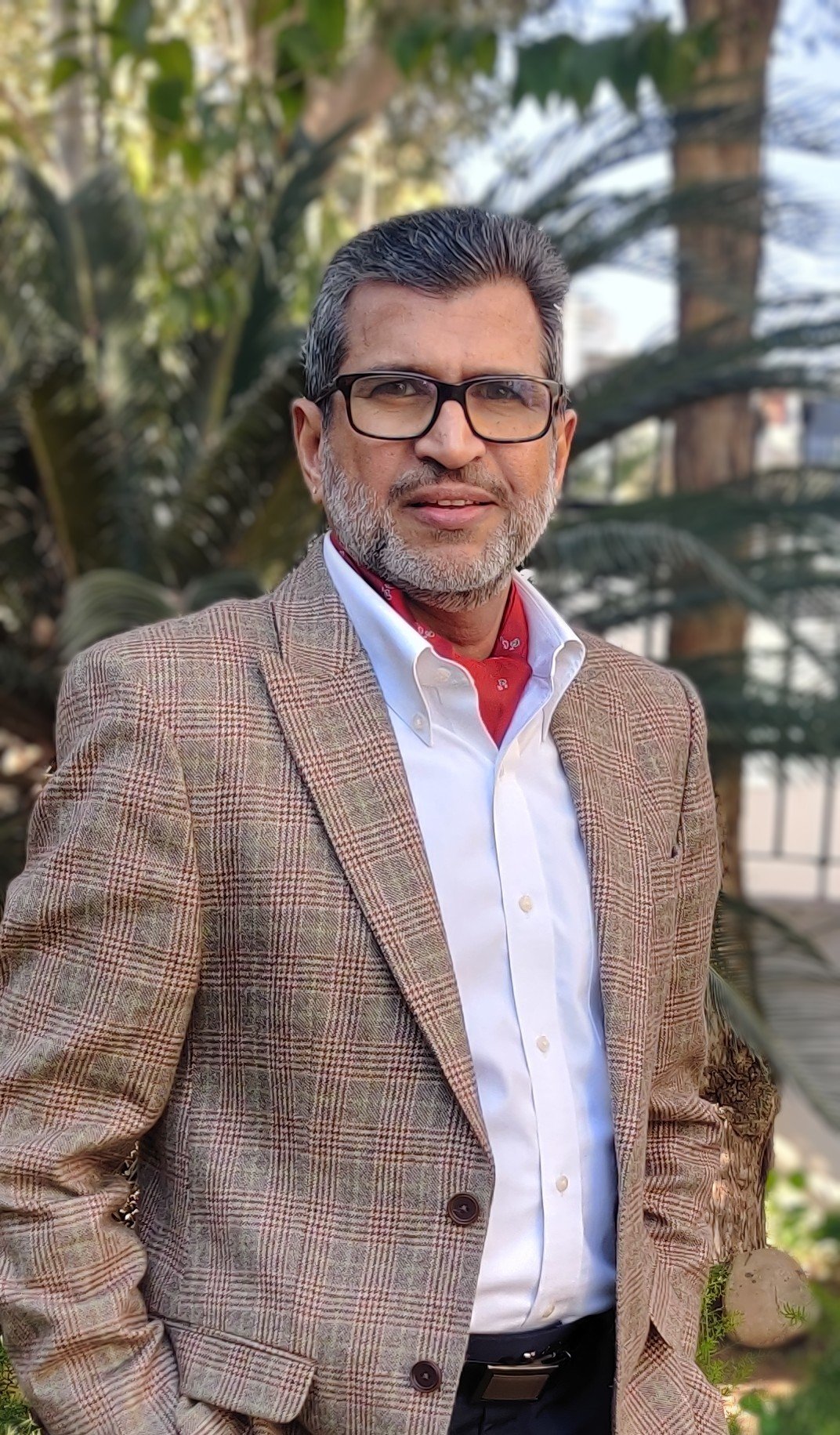
Agendra Kumar, Managing Director, Esri India – Reinstating ecosystems
“Desertification, land degradation, and drought pose environmental crisis that impacts communities worldwide. Given that human existence relies on fertile and productive land for numerous essential activities, preventing degradation and revitalizing deteriorated land through restoration efforts is crucial for bolstering biodiversity, reinstating the ecosystem, and alleviating the impacts of climate change.
Remote sensing and Geographic Information Systems (GIS) play pivotal roles in both assessing land degradation and facilitating its restoration. By providing timely and accurate information about the state of the land, GIS empowers stakeholders to make informed decisions and take proactive steps to mitigate degradation and restore ecosystems. Harnessing the capabilities of ArcGIS, at Esri India, we incessantly focus on developing innovative solution products that can significantly aid in mitigating climate change and building resilient communities., ” says Agendra Kumar, Managing Director, Esri India
Dr. Anirban Ghosh, Professor & Head Centre for Sustainability, Mahindra University – environmental science

“The perils of climate ignorant land use are becoming more and more visible. The folly of filling up water bodies and building on them in urban areas is coming back to bite us in terms of water scarcity and flooding. Widespread deforestation for development and rampant unsustainable exploitation of groundwater is leading to ills like droughts, desertification and salinity.
We, at Mahindra University, are integrating environmental science and climate resilience in our curriculum to enhance the awareness of ecosystem services and the criticality of sustainable land use management. Pathbreaking partnerships with industry leaders like Rockwell Automation and with the Greening Education Partnership of UNESCO ensure focus on practical solutions, international exposure and hands-on experience in nurturing responsible citizens for the future,” says Dr. Anirban Ghosh, Professor & Head Centre for Sustainability, Mahindra University
Abhilesh Gupta, Managing Director & CEO, THINK Gas – Natural gas reduces carbon emission
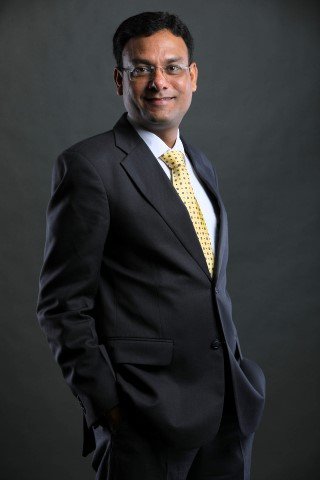
“Clean and alternative energy solutions like natural gas are vital towards enabling a sustainable world for our future generations. Transitioning to natural gas not only reduces carbon emissions but also decreases the environmental impact of energy production. It also plays a pivotal role in reducing soil degradation and mitigating the effects of climate change, which are key drivers of desertification. Our commitment is evident in the 56.6 KW of solar energy generated last year and the 58 KL of groundwater recharge achieved through our surface and roof rainwater systems.
It is imperative to address climate and environmental challenges by integrating advanced technologies and sustainable practices, with eco-friendly energy solutions. We also spearhead initiatives like THINK forest, planting over 3000 trees using the Miyawaki method to restore ecosystems and mitigate pollution,” claims Abhilesh Gupta, Managing Director & CEO, THINK Gas.
Dikshu C. Kukreja, Urban Planner, Renowned Architect and Environmentalist – Efficient irrigation systems

“This year’s theme emphasizes land restoration and the fight against desertification requires a commitment to sustainable practices such as implementing efficient irrigation systems, embracing water recycling and conservation, adopting innovative soil regeneration techniques, reforestation initiatives on degraded lands.
This extensive reforestation effort aims to restore ecosystems, sequester carbon, and create green valleys by collaborating with local communities and environmental organizations. Long-term sustainability requires continued commitment and collaboration among governments, businesses, and communities. Recognizing and supporting these initiatives is crucial for ensuring the health of our land and the availability of water is fundamental to our survival and prosperity.”
Disha Shah, Founder DiAi – Recycled gold and eco-friendly packaging

DiAi Designs, a leading fine jewelry brand founded in 2018, is committed to environmental sustainability and ethical luxury. Specializing in sustainable lab-grown diamonds, DiAi offers a range of minimalist pieces, everyday wear, bespoke designs, and bridal trousseau collections. The brand’s dedication to minimizing its environmental impact is evident in its use of recycled gold and eco-friendly packaging. DiAi’s founder, Disha Shah, comes from a family of diamond jewelers and is passionate about creating exquisite pieces that resonate with modern women while promoting sustainability. Certified by industry authorities like SGL or IGI, DiAi’s lab-grown diamonds ensure both quality and ethical sourcing.
Greenway Grameen: Ankit Mathur, Co-Founder – Community-based organisations
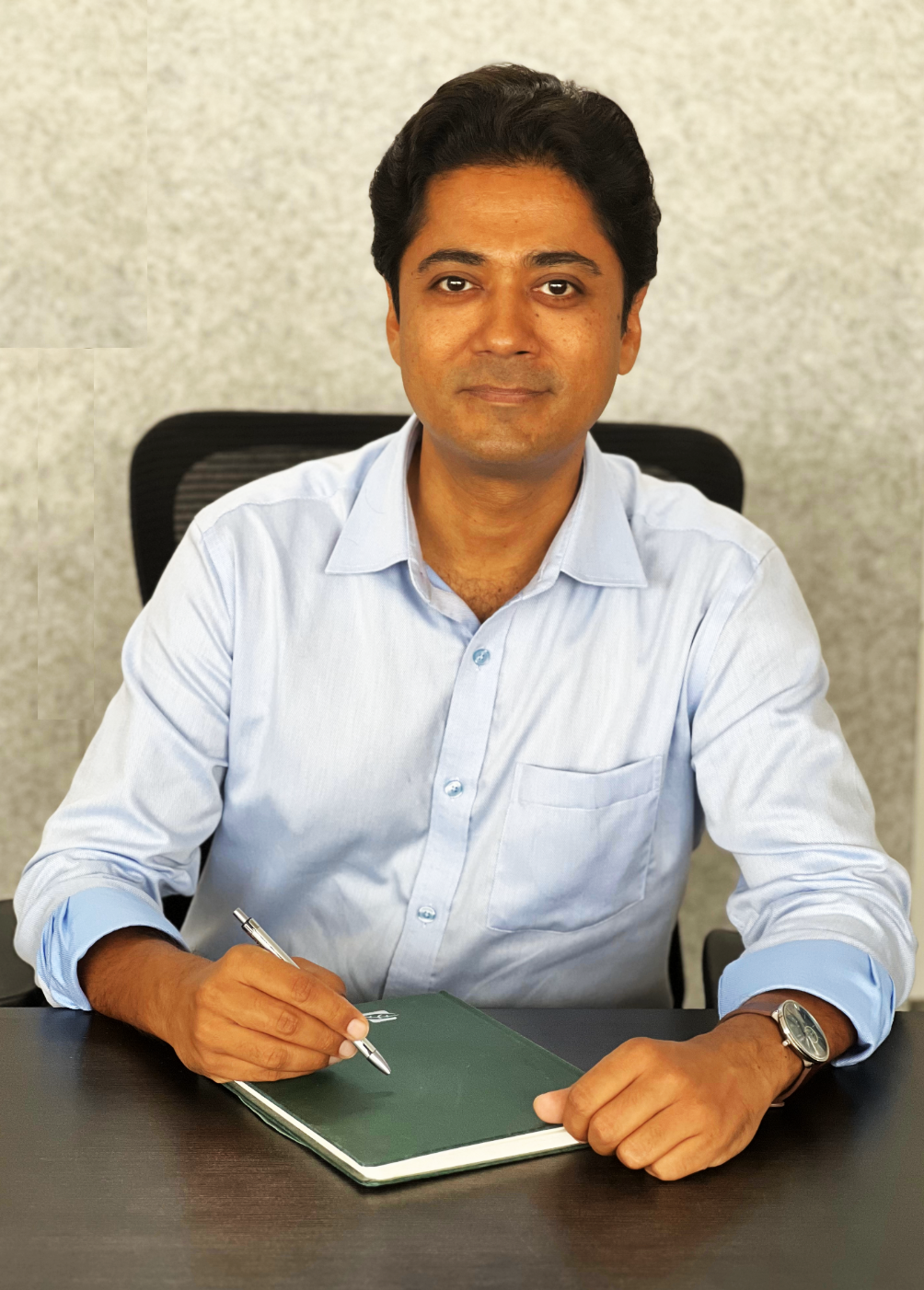
Established in 2010, Greenway was co-founded by Ankit Mathur and Neha Juneja. Greenway has sold more than 2.5 million improved cookstoves and employs more than 500 people. Aside from operating its manufacturing facilities, Greenway also works with community-based organizations such as banks, cooperatives, non-government organizations, and microfinance institutions to reach deep into rural communities. Greenway is an investee multiple impact investors including the New York-based Acumen Fund and the Centre for Innovation, Incubation and Entrepreneurship, IIMA.
Recently, The Asian Development Bank extended a $6.5 million loan to Greenway Grameen Infra, facilitating the production and distribution of 1 million improved cookstoves in rural Madhya Pradesh and Odisha, further bolstering the company’s mission to promote clean cooking solutions. Greenway has also majorly worked in rural regions of Karnataka and Chattisgarh. Its motive is to make people adapt to clean cooking technology and the team has been always investing in the R & D part for making the products better. Less than 5 lakhs cookstoves have been sold overseas.
Sameer Kanodia, the Managing Director and CEO of Lumina Datamatics – Renewable Energy
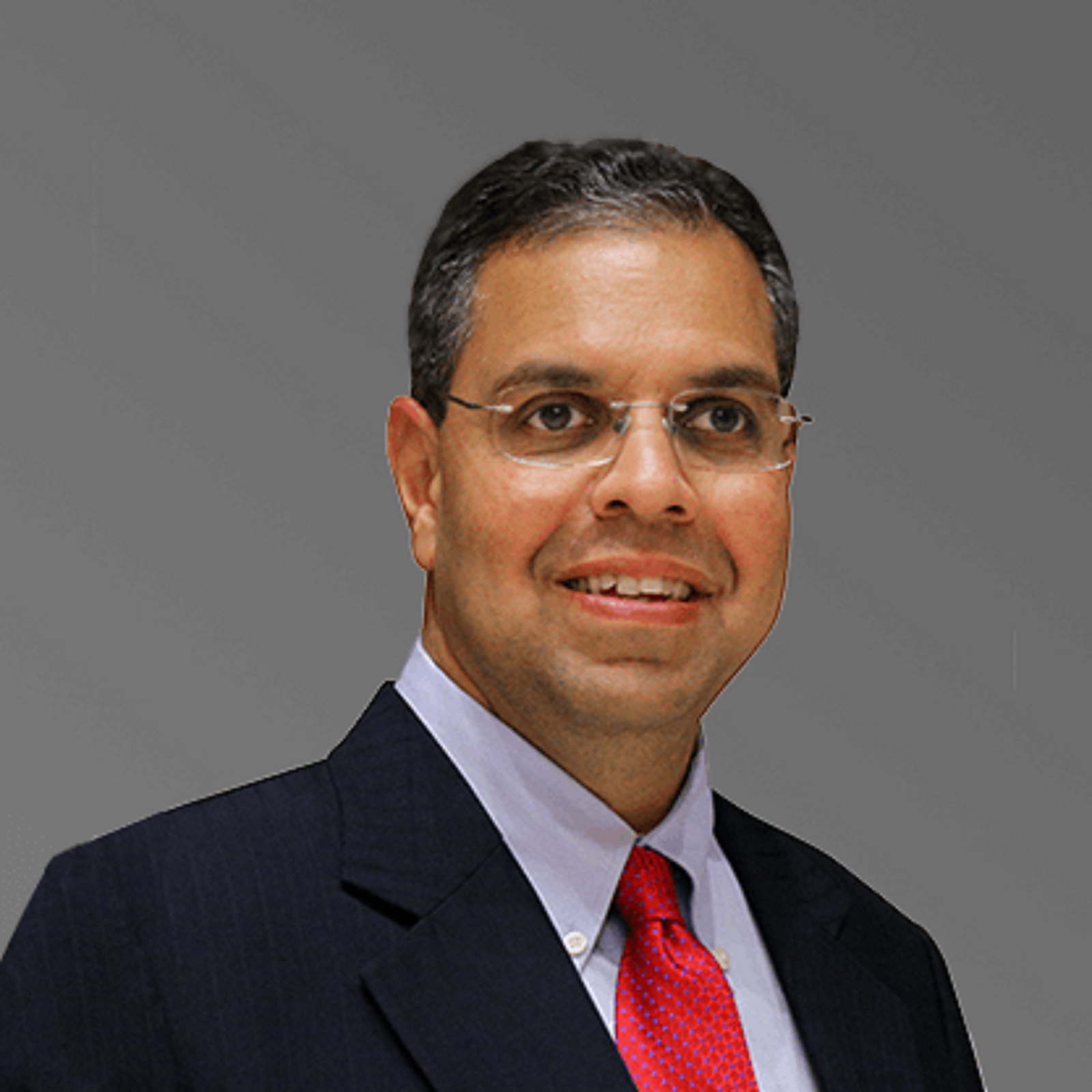
Renewable Energy & Reduce Waste
Sameer Kanodia, the Managing Director and CEO of Lumina Datamatics avers, “On this World Environment Day, let’s recognize our responsibility towards our planet. As we experience extreme climate change, pollution, and biodiversity loss, it is evident that it is not just about creating awareness anymore; it’s about taking decisive actions. Many organizations, through their CSR activities, are making strides to tackle environmental issues. Yet each of us holds the power to effect change through our conscious, daily actions.
Embracing renewable energy, reducing waste, conserving water, and supporting sustainable practices are essential steps. Simple choices, like using public transport, minimizing plastic use, and planting trees, can collectively lead to a significant impact. It is through these individual contributions that we can build a more sustainable and resilient world. By committing to these actions, we can ensure a healthier, more resilient planet for us and future generations.”
Tanya Singhal, Founder at Mynzo Carbon and SolarArise – Solar Energy

Tanya Singhal stands at the forefront of the renewable energy revolution. With a career spanning over 15 years, she has established herself as one of the leading women in solar and energy sectors. Her dedication and innovative approach have not only driven the success of SolarArise, a solar asset management vehicle responsible for developing over half a GW of solar projects across 7 states in India but also her latest venture, MYNZO CARBON, which focuses on carbon footprint management and reduction.
Tanya Singhal’s journey in the renewable energy domain is marked by her relentless pursuit of sustainable solutions. Her expertise encompasses the full spectrum of solar energy development, from project inception to execution, and her leadership in MYNZO CARBON highlights her commitment to addressing carbon emissions. Under her guidance, both organizations have contributed significantly to India’s renewable energy capacity and climate change mitigation efforts.
Special Mention
Environment Warrior – Media and Communication Professional Faheem Ruhani does his bit for sustainability
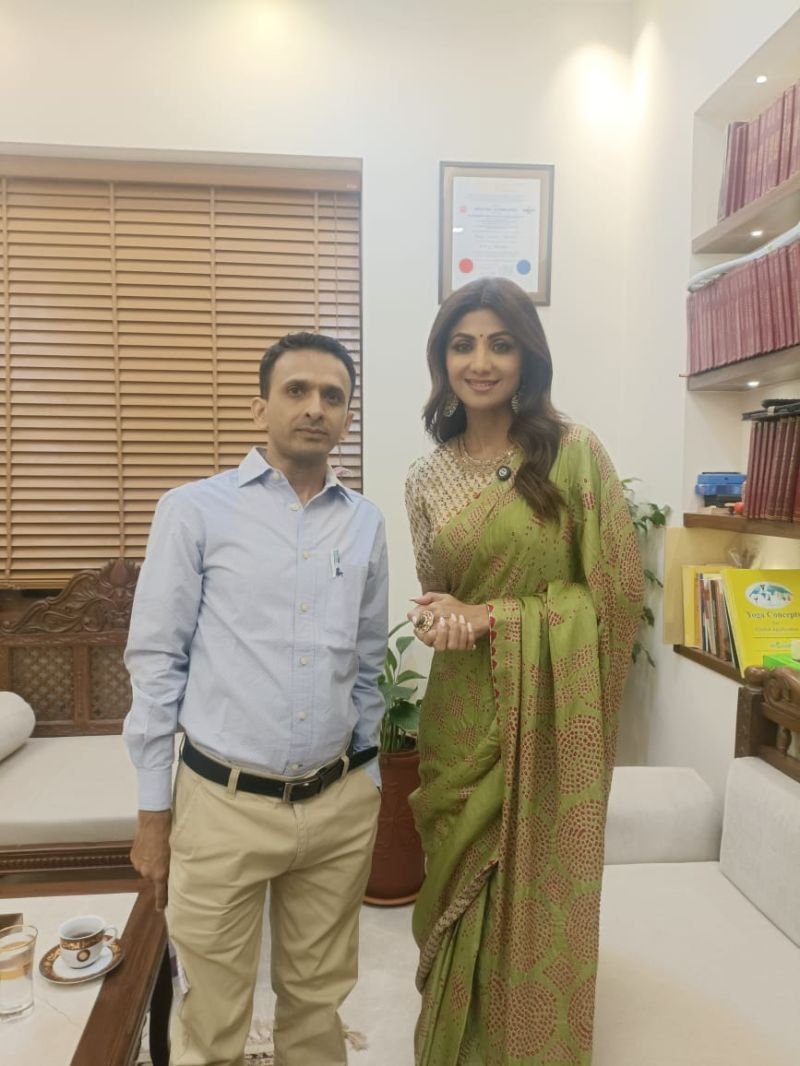
One of Mumbai’s most talented Media and Communication professionals, Faheem Ruhani staunchly believes in sustainability. Faheem Ruhani says, “I have not shopped for five years after I realised the amount of water required to produce one shirt. I have not taken a shower bath for more than two decades. Instead, I always take a bucket bath. This way I am more mindful of the amount of water I use.
“Pre-pandemic, I had done two gardening workshops. Since then I have been composting my kitchen waste as much as possible, unfortunately, I am not able to do this as consistently as I would like to. I am hoping a day will come when I will not give my wet waste to the BMC at all. Besides this, I try as much as possible to not take a plastic bag from the shopkeepers in the sabji market. My ultimate aim is to be able to grow at least 50 percent of my food at home.”
Aditi Balbir, Co-founder, EcoRatings – Insight & Analysis

“Climate disasters are upon us and yet countries, companies and people are slow to change. What is that one thing that will make a difference? GenAI technologies can analyse vast sets of unrelated data, create patterns and give us insights in real-time, to make decisions NOW! For example – what is the quality of our soil, what are the unique techniques for regeneration specific to small and large farmers? Where is the new desert likely to emerge? What land is subject to which sort of climate risk? And how can it be mitigated?
GenAI gives insights into a specific location, using macro data, satellite imagery and factors unique to a particular part of the world. GenAI is how we protect our land, and create our future,” says Aditi Balbir, Co-founder, EcoRatings.
Kaamna – Using Cork as a material
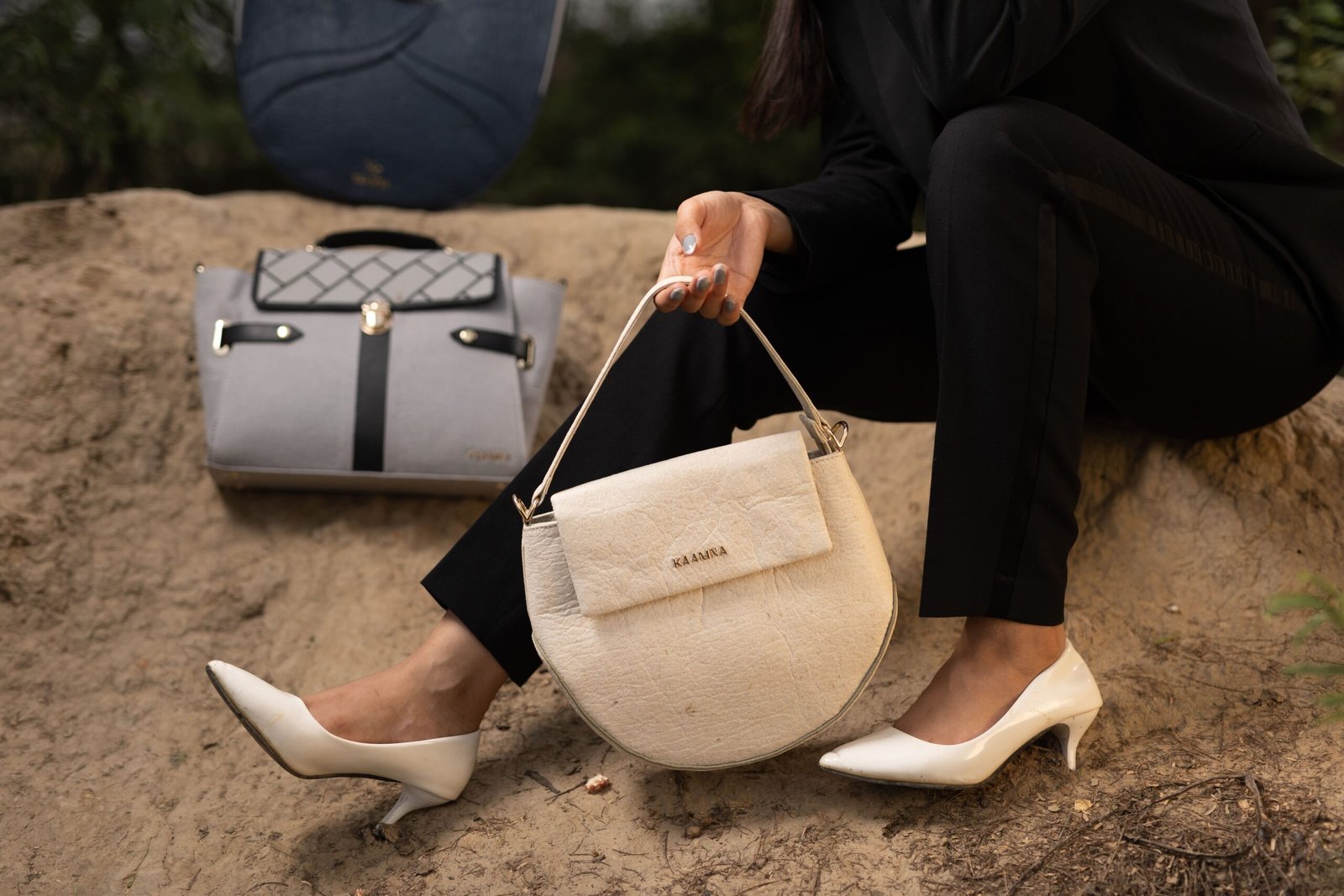
Kaamna is a conscious luxury brand based in India, established by Mangalam Laalpuria. The brand is driven by a purpose to fulfill the desire for indulgence while prioritizing sustainability. Kaamna offers luxury fashion accessories inspired by nature and collaborates with Indian artisans in its creative journey.
Their fashion accessories cater to both men and women and include stylish Handbags & clutches, Passport holders, Wallets, EarPods cases, Card cases, and Laptop bags crafted from cork and hemp. These materials are responsibly sourced and ethically manufactured in India. Cork, a key material used by Kaamna, is a 100% natural resource that is biodegradable, renewable, and recyclable. This unique material makes Kaamna products water-resistant, lightweight, durable, elastic, fire-retardant, and anti-microbial.
Get Together 2 Mini – Bluetooth® Speaker by House of Marley – Crafted from bamboo

Get Together Duo – Bluetooth® Bookshelf Speakers by House of Marley
The Get Together Duo bookshelf speakers are crafted from bamboo and REWIND® fabric. These Bluetooth 5.0 speakers offer true wireless capability and immersive stereo sound. The right speaker has a 25-hour battery life for portability, while the left speaker is mainly powered for permanent home use.
Komal Hiranandani, founder of Dolce Vee – Thrift shopping

“On World Environment Day, we are reminded of the profound impact our fashion choices have on the planet. Thrift shopping encourages a more sustainable approach to consumption, offering an alternative to the traditional buy-use-dispose cycle that dominates modern consumerism. At Dolce Vee, we believe in the power of the preloved movement to create a sustainable future.
By choosing preloved fashion, we not only reduce waste but also conserve resources and lower our carbon footprint. Every garment has a story, and through our collective efforts, we can ensure that story contributes to a healthier, greener world. Let’s celebrate today by making mindful choices that benefit our environment and future generations.”
— Komal Hiranandani, Founder of Dolce Vee
Recykal’s Earth Warriors: Reducing Plastic Waste
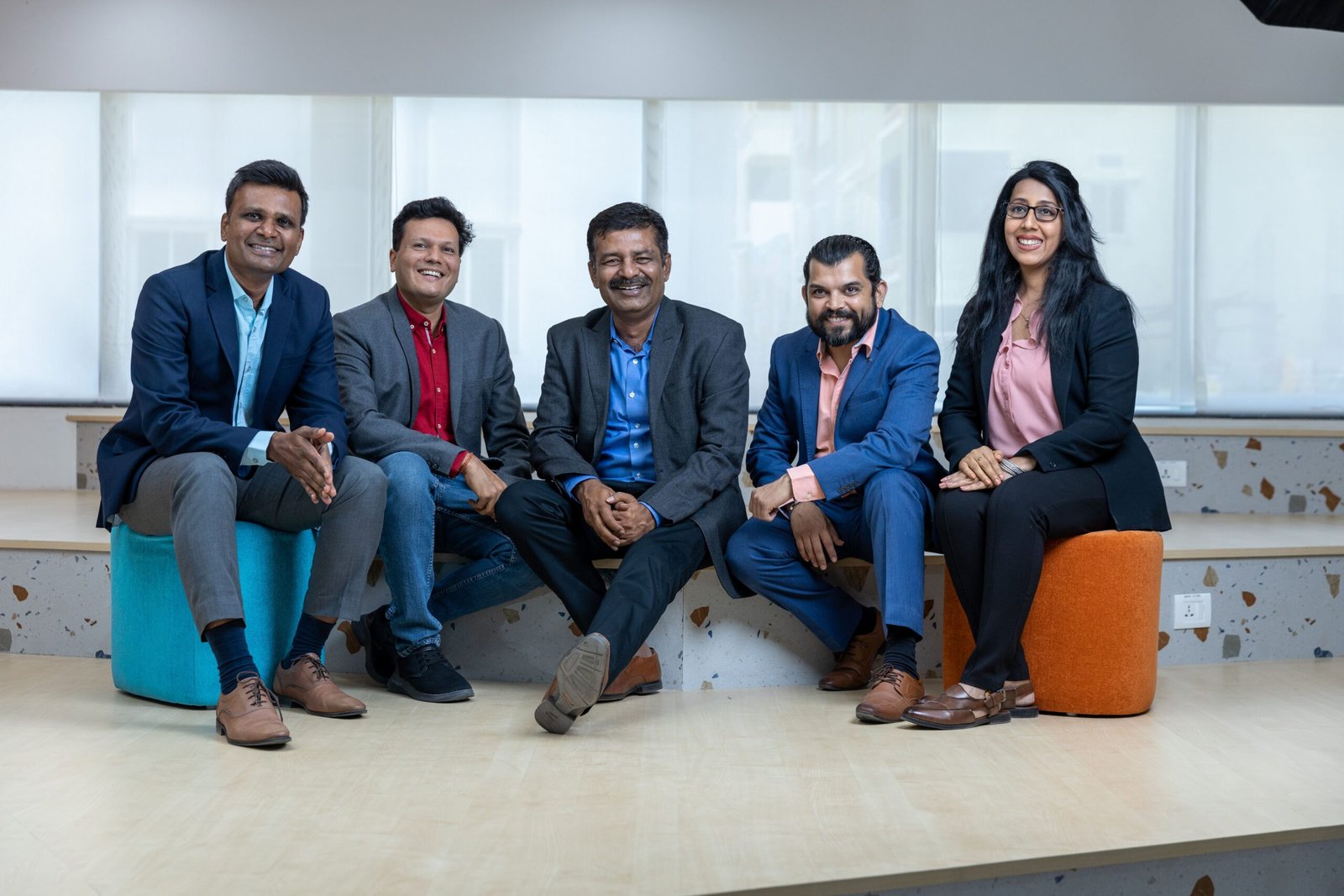
Recykal’s key initiatives and achievements:
Recykal’s Digital Deposit Refund System (DDRS): This innovative system has significantly reduced plastic waste in Uttarakhand, earning us the National Award – The Digital India Award 2022.
AI-Powered Marketplace: By leveraging AI, they establish a key link between waste generators, collectors, and recyclers, making waste management more efficient and effective.
Collaborative Efforts: They work closely with various stakeholders, including governments, brands, and consumers, to promote sustainability and reduce environmental impact.
